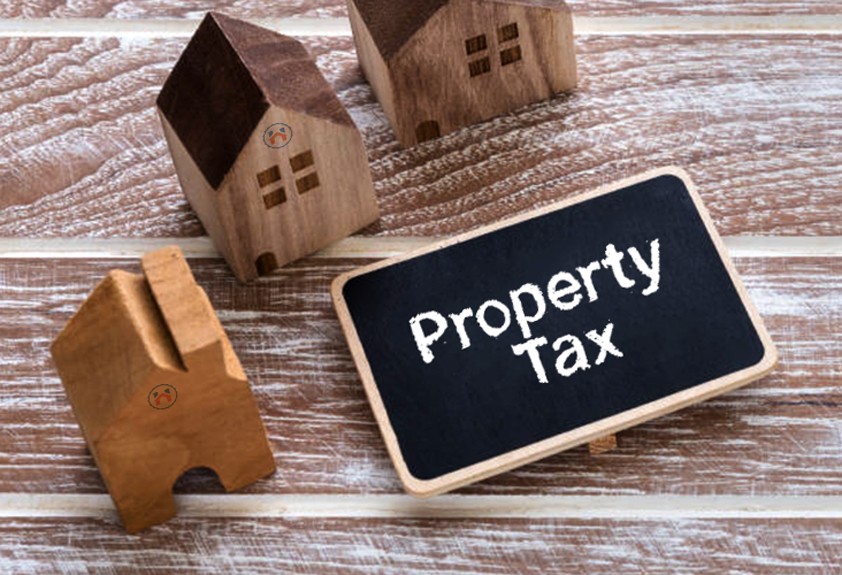
UK Property Taxes: How a Professional Can Help
In today’s world, the United Kingdom continues to attract investors and being a prime destination for property investors appealing to both residents and those outside its borders. As property values soar, understanding the landscape of UK property tax is essential for making informed investment decisions.
Whether you’re a first-time buyer, a seasoned landlord, or a non-resident investor, understanding the various property taxes can help you navigate the financial implications of property ownership. This guide provides a thorough overview of the key property taxes in the UK, ensuring you’re equipped with the knowledge needed to optimize your investments.
Overview of UK Property Taxes
UK property tax encompasses a range of taxes that apply at different stages of property ownership and transactions. Unlike some countries with a single property tax, the UK utilizes a combination of taxes, each with its own regulations and payment schedules.
Key UK Property Taxes:
- Stamp Duty Land Tax (SDLT)
- Council Tax
- Ground Rent
- Inheritance Tax
- Capital Gains Tax (CGT)
- Rental Income Tax
- Non-Resident Landlord Tax
Is There Property Tax in the UK?
In the UK, property tax is not a single tax but a collection of taxes that apply to various aspects of property ownership and transactions. These taxes are designed to address different financial aspects related to property, including its purchase, annual maintenance, and eventual sale.

Taxes for UK Landlords
If you’re a landlord in the UK, several key taxes will impact your financial planning:
- National Insurance Contributions (NICs): These are applicable only to resident landlords. Non-resident landlords typically do not have to pay NICs on rental income.
- Rental Income Tax: This tax is levied on the profits you make from renting out your property. It’s essential to declare this income annually.
- Stamp Duty Land Tax (SDLT): Paid at the time of purchasing property, SDLT is a significant consideration for new property buyers.
- Capital Gains Tax (CGT): When you sell a property, CGT is charged on the profit made from the sale. This tax applies to all property owners, including those who are not residents.
Important Note: While SDLT and CGT are one-off payments, rental income tax and NICs are assessed annually. Landlords must register for self-assessment to manage these taxes effectively.
LEARN MORE: Property Income Allowance
Do You Pay Annual Property Tax in the UK?
There isn’t a universal annual property tax in the UK. However, two taxes are paid yearly:
- Council Tax: This local tax is imposed by local authorities to fund community services such as rubbish collection, local schools, and road maintenance. It’s paid by all homeowners, regardless of their residency status.
- Rental Income Tax: This is paid annually based on the profit from rental income.
How Much Property Tax Will You Pay in the UK?
The amount of property tax you owe depends on several factors:
- Property Value: Higher-value properties often attract higher taxes.
- Property Location: Different regions in the UK may have varying rates and thresholds.
- Ownership Status: Whether the property is your primary residence, a second home, or an investment property can impact the tax rate.
- Tax Reliefs and Exemptions: Various reliefs and exemptions may apply, potentially reducing your tax liability.
For precise calculations tailored to your specific circumstances, consulting a property tax advisor is advisable.
Detailed Breakdown of Key Property Taxes
UK Stamp Duty Tax
Stamp Duty Land Tax (SDLT) is a tax you pay when purchasing property or land in England and Northern Ireland. The amount varies based on the property’s purchase price and your buyer status:
- Up to £250,000 (or £425,000 for first-time buyers): 0%
- £250,001 – £925,000: 5%
- £925,001 – £1,500,000: 10%
- Above £1,500,001: 12%
First-time buyers benefit from higher exemptions, while additional properties incur a 3% surcharge.
Council Tax
Council Tax is essential for funding local services. The amount you pay depends on the property’s value and the local council’s rates. All property owners, whether residents or not, are required to pay this tax annually.
Ground Rent
Ground rent is applicable if you lease property and the land is owned by another party. It’s an annual charge paid to the landowner.
Inheritance Tax
Inheritance Tax applies to property within a deceased person’s estate. The tax is calculated based on the value of the estate and is payable only upon the individual’s death.
Capital Gains Tax
CGT is levied on the profit made from selling a UK property. The rate varies depending on whether the seller is a UK resident or a non-resident.
Rental Income Tax
Rental income must be declared annually to HMRC. Non-resident landlords can use double taxation treaties to avoid paying tax twice on the same income.
Non-Resident Landlord Tax
Non-resident landlords face specific tax obligations:
- Non-Resident Landlord Scheme (NRLS): Allows tenants or letting agents to deduct tax from rent before passing it to the landlord.
- Self Assessment: Non-residents can opt to report and pay rental income tax directly.
Non-resident landlords must also report any capital gains from selling UK property. Consulting a tax specialist can help ensure compliance with all tax obligations.
Why choose Cangaf if you are a landlord in the UK?
Save time and hassle by letting us handle your tax paperwork!
Our tax advisors assist residents and non-residents with Rental Income Taxes. We can also help non-resident property owners with Capital Gains Tax.
Our service provides a budget-friendly alternative to local accountants in the UK, allowing you to save more money. We will ensure that your tax paperwork is prepared correctly and that you remain compliant with the UK tax authorities.
Got questions? Request a no-obligation call with a tax advisor.

